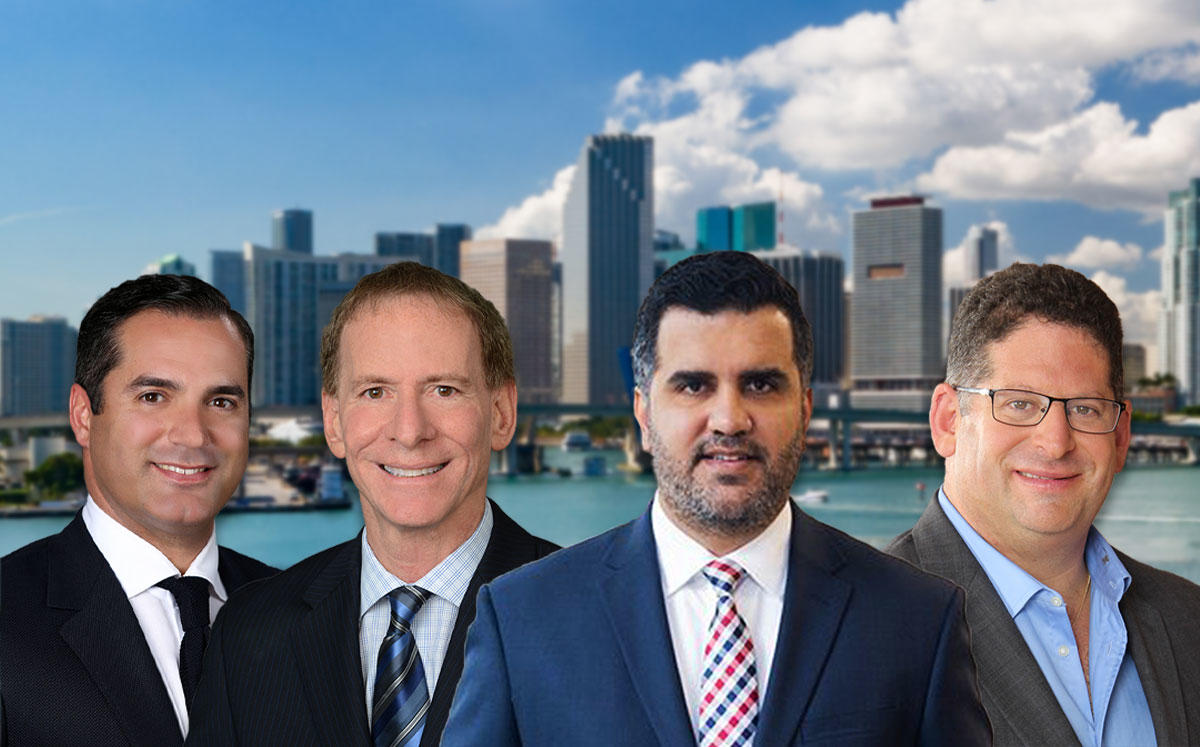Trending
South Florida HOAs and condo associations prepare for a drop in collections
Some associations are offering payment plans to owners

UPDATED, May 6, 9:15 a.m.: With the first days of May ticking by, homeowners and condo associations are keeping a close eye on monthly collections. They’re preparing for nonpayment, as owners and renters struggle to pay their bills.
More than 1 million people in Florida have filed for unemployment, according to figures released by the state. The tourism, hospitality and retail sectors have been devastated. And for those newly unemployed, monthly or quarterly condo or homeowners maintenance fees may not make it to the top of their list of priorities. Depending on how long the economic impacts of the pandemic linger, some buildings and housing communities will suffer as a result.
South Florida real estate attorney Dennis Eisinger is already hearing from associations that are trying to figure out how to move forward. He describes it as a tricky balancing act between funding operational costs and having compassion for unit owners who may be struggling financially.
Eisinger, whose firm Eisinger, Brown, Lewis, Frankel & Chaiet, P.A. represents about 700 associations in Florida, estimates that between 60 percent to 65 percent of homeowners statewide live in communities run by associations. If homeowners fall behind on their mortgages or association fees, they can be foreclosed on by their lender or association. In most cases, homeowners and condo associations are second in line to lenders, so overdue fees would likely remain unpaid if a lender forecloses on a property.
“We anticipate we’re going to start seeing the impact come June, July and beyond,” Eisinger said. “We may be in for some very difficult times over the next couple of months, potentially [the next] couple of years.”
It doesn’t help that most associations aren’t eligible for the Small Business Administration’s Paycheck Protection Program (PPP) loan, Eisinger said, calling that a “big mistake” on the part of the SBA.
During the last recession, many associations got into “deep financial trouble,” forcing them to cut back on amenities or pass special assessments to continue operating, said Sebastian Jaramillo, a partner with Miami-based law firm Wolfe Pincavage.
But Jaramillo doesn’t believe that it will be as bad this time around, because associations haven’t been letting unit owners fall behind on payments, and owners have more equity in their homes.
“A lot of people had financed 100, 110 percent of their home, so when the market dipped they were under water,” Jaramillo said, referring to the previous recession.
Attempting foreclosure is also an expensive process that some associations will want to avoid, and the temporary freeze on foreclosures and evictions until mid-May is expected to create a backlog of cases.
Plus, “the end game – foreclosure – may not necessarily be in the best interest of the condo [association],” said Siegfried Rivera attorney Roberto Blanch.
A number of associations he represents have been proactive about reducing operating expenses wherever possible. Blanch said associations are “anticipating they are going to have difficulty collecting payments from owners who have lost their jobs, who have been furloughed, or been laid off.”
Some are offering payment plans or waiving late fees to owners who have requested that, similar to what happened in 2008 and 2009. But the true impact has yet to be seen, he said. Payment plans could consist of lowering the portion of fees an owner has to pay for the first three months, and then spreading the rest out over the remaining set period of time.
Down the line, to continue operating, associations may have to vote to use their reserves or may have to impose special assessments. And they operate on tight budgets already, Blanch said. Using reserves to cover basic operations should be viewed as a last resort, he said.
“April may not be the first month we start feeling the strain. It may happen in May, June, July,” he added. “It’s almost like you can see the tide, right? The effects are going to be somewhat delayed.”
The more expensive, Class A communities will likely feel the impact later on, experts say. Paul Kaplan, managing partner and co-founder of KW Property Management & Consulting, said that for the 90,000 units that his company manages in Florida, collections have fallen just 3 percent so far in May, compared to the same period last year.
Blanch and others predict the damage won’t be as severe as in the last crash.
“You’re going to have a lot more people that they may fight a little harder to keep their homes,” Blanch said. “Before, people were more willing to walk away from an investment.”
Correction: An earlier version of this story misstated KW Property Management & Consulting’s portfolio size.




